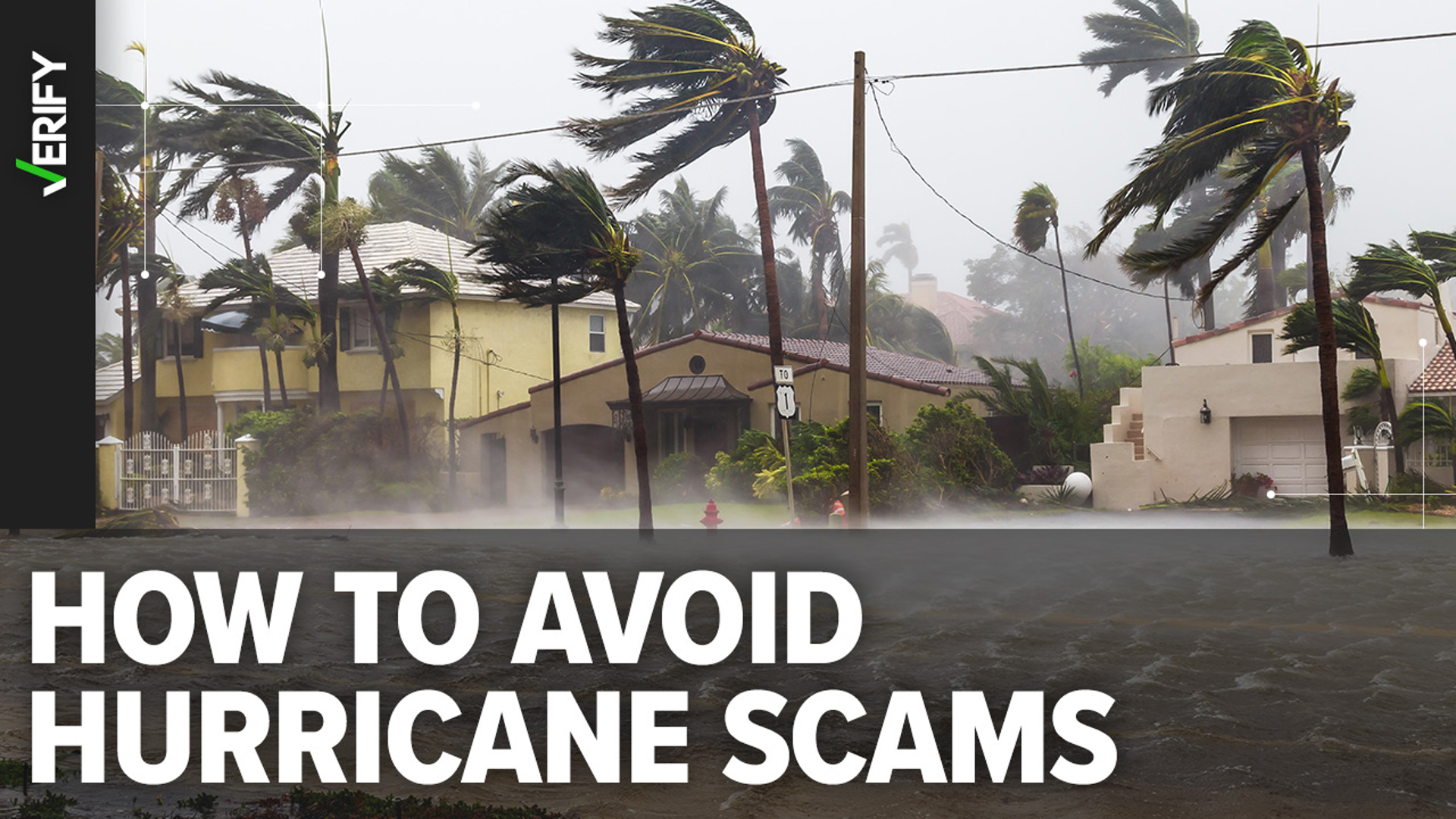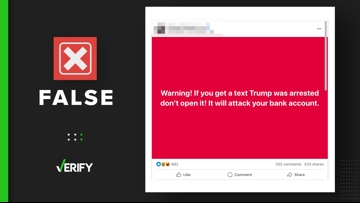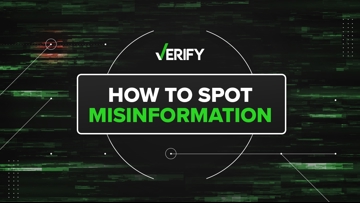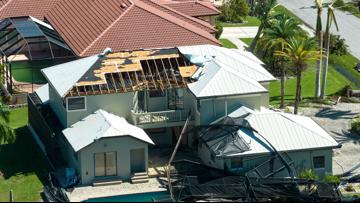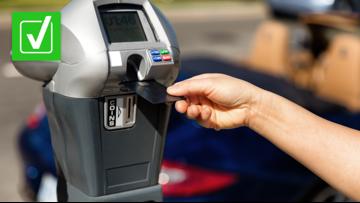Hurricanes can cause widespread power outages and displace hundreds or thousands of people. People may be desperate for assistance as they recover from the storm’s damage.
Scammers often prey on vulnerable people in need of help after a hurricane batters their area, as well as others looking to help the storm’s victims.
Here are VERIFIED tips on how to spot a scam during hurricane season.
THE SOURCES
WHAT WE FOUND
Common hurricane-related scams and tactics
In the aftermath of a hurricane, scammers have been known to pose as officials who work for government disaster assistance agencies, like FEMA, insurance companies, or building contractors, all of our sources say. They also pretend to be representatives of charities seeking donations for disaster relief or people asking for help on crowdfunding websites, such as GoFundMe.
Many cybercriminals use email or text messages for phishing attacks or use spoofing techniques to make the call appear to be official, according to the Federal Communications Commission (FCC). Spoofing is when a caller deliberately falsifies the information transmitted to the caller ID display to disguise their identity. They also target people through social media posts and sometimes create phony websites to prey on people in need of help.
“Fraudulent emails and social media messages—often containing malicious links or attachments—are common after major natural disasters,” the Cybersecurity and Infrastructure Security Agency (CISA) warns on its website.
“Exercise caution in handling emails with hurricane-related subject lines, attachments, or hyperlinks. In addition, be wary of social media pleas, texts, or door-to-door solicitations relating to severe weather events,” CISA added.
How to avoid falling victim to scam after a hurricane
- If someone calls claiming to be an official from a government agency, hang up and call the phone number listed on that government agency’s official website. The FCC says you should never reveal any personal information unless you’ve confirmed you’re dealing with a legitimate person or agency.
- If you get a phone call about an insurance claim or policy, hang up and contact your agent or the company directly using the number on your account statement, the FCC says. Do not give out any personal information or agree to any payment until you can independently verify that the call is legitimate.
- If your state requires licensing, verify that any contractor you are considering is licensed and carries adequate insurance. Never give policy numbers, coverage details or other personal information out to companies with whom you have not entered into a contract.
- Only donate to trusted, well-known charities and always verify a charity’s legitimacy through its official website. If you have doubts, the FCC says you can check with Better Business Bureau’s Wise Giving Alliance, Charity Navigator, Charity Watch, GuideStar or the National Association of State Charity Officials.
- If you receive a suspicious email or text message requesting donations or other assistance, do not click on any links or open any attachments. Also, verify information in social media posts and double-check any solicitation for charitable donations before you give.
- If you donate to a charity during hurricane season, only use secure and traceable methods, such as credit cards or checks. Avoid cash donations or wire transfers because they’re harder to trace and recover if fraud occurs, according to Tripwire.
How to report a scam during hurricane season
If you’ve fallen victim to a scam this hurricane season, you can call the FEMA Disaster Fraud Hotline toll-free at 1-866-720-5721 or send an email to disaster@leo.gov. You can also file a complaint with the FCC about phone scams or report fraud to the Federal Trade Commission (FTC) at ReportFraud.ftc.gov.
GoFundMe says it proactively monitors and verifies fundraisers after natural disasters and other humanitarian crises. The crowdfunding site also shares tips to help donors avoid scams on its safety hub.
